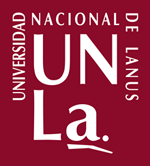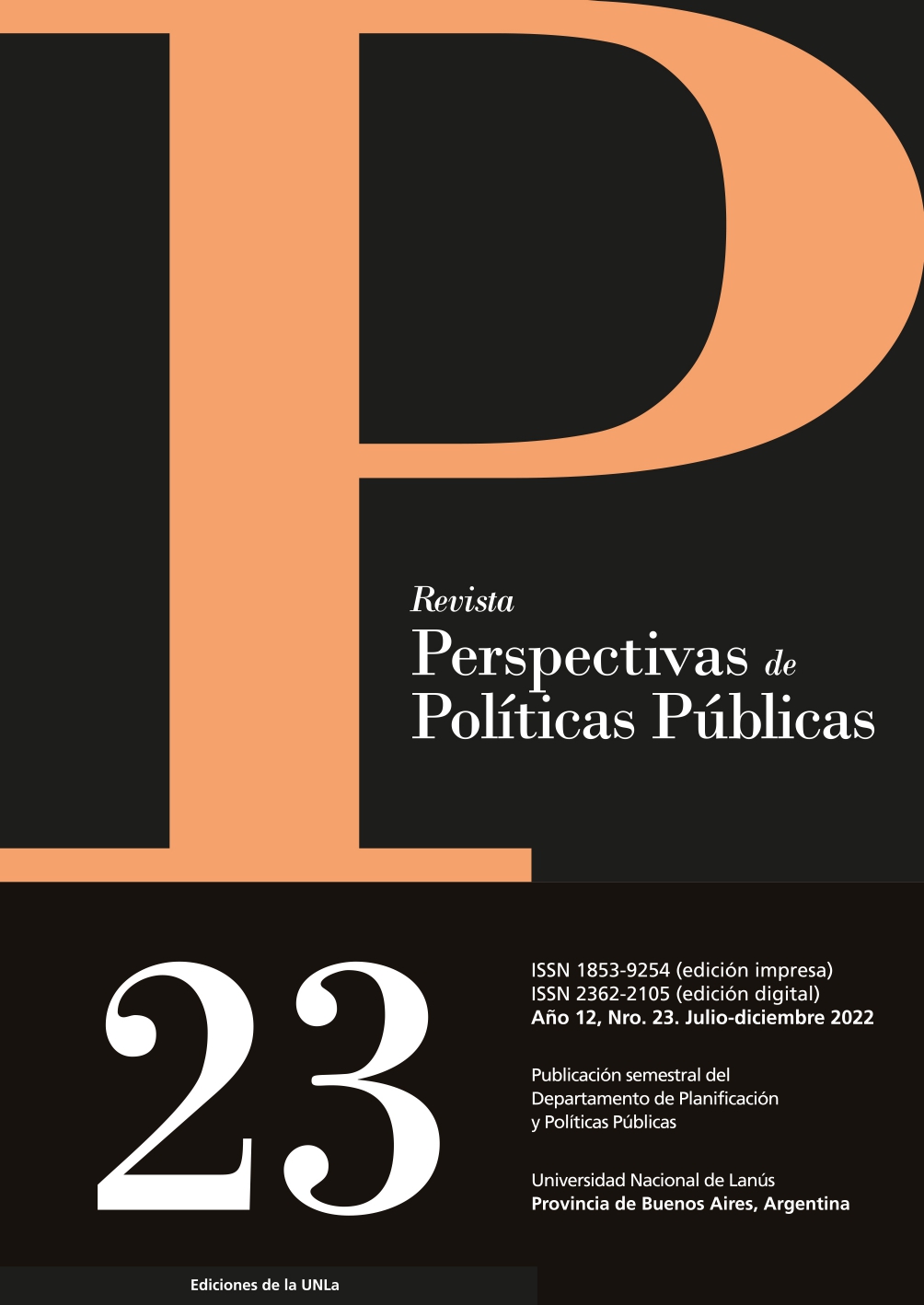Between Narcos and Police. The clandestine relations between the state and crime, and its violent impact on people's lives. Javier Auyero and Katherine Sobering
Abstract
Auyero and Sobering start from an accurate characterization of the role played by the State in its intervention in territories dominated by drug trafficking: it is neither a “strong” nor a “weak” presence, but rather a deeply ambivalent organization. In the deployment of the actions carried out by the agencies of the penal system, persecution coexists with collusion, investigation and arrests with “letting go” and “liberated zones”. One of the merits of the book is to make transparent the logics that underlie this apparent illogical behavior. Moments and actors that need to guarantee both the flow of illegal goods and their confiscation can well coexist in the same space and time, both the lights and cameras on large police operations and the shadows on the permanent rearrangement of the illicit drug market. This ambivalent state is not constituted by a monolithic, unequivocal and corrupt block that decides to participate in criminality, but by relational processes between public agents and drug traffickers whose negotiations are always fragile, provisional, fluctuating and unstable.






